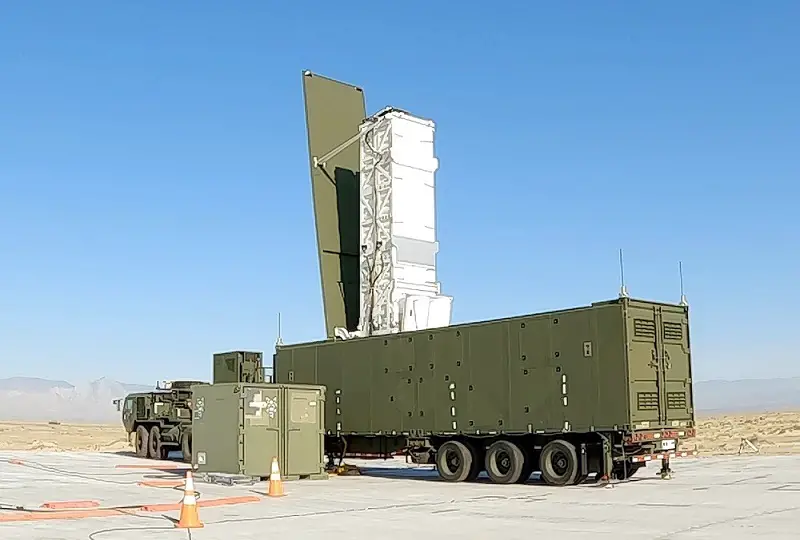The U.S. Army took its next step in bolstering its top modernization priority with a successful launch of the Tomahawk missile from its mid-range capability prototype system on June 27, showcasing the potential of its newest, ground-based missile launcher. Soldiers from the 1st Domain Task Force at Joint Base Lewis-McChord, Washington and Sailors from the Navy Program Executive Office Unmanned Aviation and Strike Weapons Office took part in the joint, live-fire exercise that demonstrated the system’s full operational capability. Earlier this year, the U.S. Army fired an SM-6 missile from the mid-range capability. The launches occurred at undisclosed test sites.
The U.S. Army eventually plans to field a Mid-Range Capability (MRC) battery which will be assigned to a strategic fires battalion under a multi-domain task force. The battery’s prototype design consists of four launchers and a control center. The U.S. Navy uses the Tomahawk, an intermediate-range, subsonic, cruise missile to strike targets from 1,000 miles away and can switch destinations in mid-flight. Soldiers contributed to the design and testing of the Mid-Range Capability weapon system, which the Army will use to augment its long-range, precision fires capability.

“From the start of the [Mid-Range Capability] program, Soldiers and Sailors have collaborated to provide the Army with this important capability. Soldiers have consistently participated in each phase of the development, training and testing of the MRC and continue to provide useful feedback,” wrote the Army’s Rapid Capabilities and Critical Technologies Office at Redstone Arsenal, Alabama.
The Mid-Range Capability (MRC) system will eventually support the joint, multi-domain mission. The SM-6 missile can engage multiple threats including terminal ballistic missile defense, anti-air warfare and anti-ship strike roles. Improvements by near peer adversaries in their long-range artillery systems present possible threats to U.S. forces. The Chinese military has leveraged unmanned aerial vehicles or UAV, to produce precision munitions and greater target acquisition. The U.S. Army made long-range precision fires its top modernization priority to upgrade and bolster its artillery and missile systems while developing hypersonic weapons and long-range cannons.
















